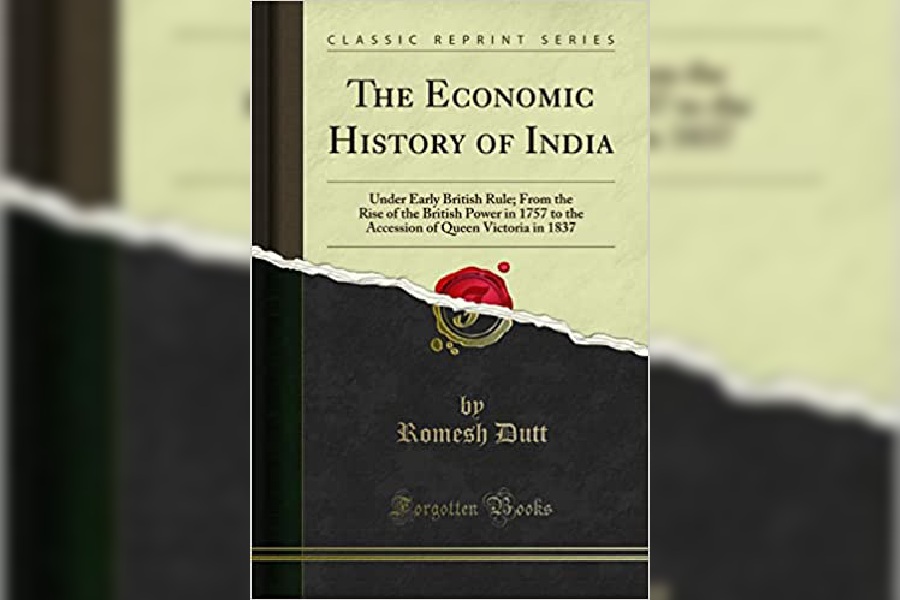On this day, Mahomed Ali, Collector of Dacca, had written a letter to the English Governor at Kolkata, which historian Romesh Dutt includes in his The Economic History of India: Under Early British Rule, Volume 1. It provides insight into trade relations between Indians and the British and several manipulations.
“In the first place, a number of merchants have made interest with the people of the factory, hoist English colours on their boats, and carry away their goods under the pretence of their being English property…,,” the letter says. “Secondly, the Gomststahs of Luckypoor and Dacca factories oblige the merchants, &c., to take tobacco, cotton, iron, and other things, at a price exceeding that of the bazaar, and then extort the money from them by force ; besides which they take diet money for the peons, and make them pay a fine for breaking their agreement… Thirdly, the Gomastahs of Luckypoor factory have taken the Talookdars’ talooks [the farmers’ farms] from tha Tahsildar by force for their own use, and will not pay the rent. At the instigation of some people, they, on a matter of complaint, send Europeans and Sepoys, with a Dustuck, into the country, and there create disturbances. They station chowkeys [toll- houses] at different places, and whatever they find in poor people’s houses they cause to be sold, and take the money. By these disturbances the country is ruined, and the Reiats cannot stay in their own houses, nor pay the malguzaree [rents].”
One “Mr Chevalier” has, “by force, established new markets and new factories, and has made false Sepoys on his own part, and they seize whom they want and fine them. By his forcible proceedings many [markets, landing-places, and fiscal divisions] have been ruined,” it says.
